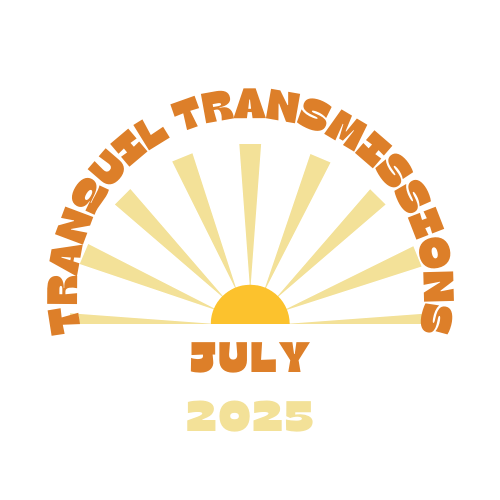- Tranquil Transmission Newsletter
- Posts
- Choosing Your Response: The Power of Emotional Autonomy for a Resilient Life
Choosing Your Response: The Power of Emotional Autonomy for a Resilient Life

Choosing Your Response: The Power of Emotional Autonomy for a Resilient Life
In the vibrant tapestry of human experience, our emotions play the lead role, coloring our perceptions, decisions, and interactions with the world around us. Yet, amid the ebb and flow of life's myriad challenges, we often find ourselves reacting impulsively, swept away by the tide of our feelings. But what if we could navigate these waters with grace and intention? Enter the concept of emotional autonomy—a potent form of inner freedom that empowers us to choose our responses, cultivate resilience, and thrive amidst adversity. Let's explore how mastering the art of emotional autonomy can transform challenges into stepping stones toward a more empowered and peaceful existence.
What is Emotional Autonomy?
Emotional autonomy is the capacity to recognize, understand, and manage our emotions, thereby allowing us to respond to situations rather than react to them. It's about owning our emotional landscape—acknowledging that while we can't control external events, we have the power to choose how we interpret and engage with them. This empowering mindset paves the way for greater resilience, emotional well-being, and freedom.
The Path to Inner Freedom
The journey toward emotional autonomy begins with the realization that our power lies in our response. Each moment presents a choice: to be at the mercy of our emotions or to be their master. By cultivating emotional autonomy, we unlock the ability to face life's ups and downs with a sense of peace and confidence, knowing that our inner state is ours to control.
Cultivating Emotional Autonomy: Strategies for Success
Mindfulness: The Anchor of Awareness
The first step in emotional autonomy is developing a mindful awareness of your emotions. Practice observing your feelings without judgment, acknowledging them as they are. This mindfulness creates space between stimulus and response, offering you the clarity to choose your next step consciously.
Emotional Literacy: Speak the Language of Your Heart
Enhancing your emotional literacy—your ability to identify and articulate your emotions—is crucial. Naming your feelings reduces their intensity and gives you a better understanding of what triggers them, enabling more effective management and communication.
The Power of Pause: Breathing Space into Reaction
In moments of emotional upheaval, give yourself the gift of pause. Take a few deep breaths to center yourself before deciding how to proceed. This pause can mean the difference between a knee-jerk reaction and a thoughtful response.
Reframing: Changing the Narrative
Reframing involves changing your perspective on a situation to view it in a more positive or neutral light. By altering the stories we tell ourselves, we can shift our emotional responses and find more constructive ways to engage with challenges.
Emotional Independence: Detaching from External Validation
Emotional autonomy means finding validation from within rather than seeking approval from others. Cultivate a sense of self-worth that is independent of external judgments or situations, bolstering your resilience in the face of adversity.
Support Systems: Building a Resilient Network
While emotional autonomy focuses on self-reliance, having a supportive network is invaluable. Surround yourself with people who respect your autonomy and offer encouragement and perspective when you need it.
Continuous Growth: Embrace the Journey
View emotional autonomy as a lifelong journey rather than a destination. Be open to learning, growing, and adapting as you encounter new experiences and challenges.
Emotional autonomy is a liberating force, offering the freedom to live authentically and respond to life's challenges with resilience and grace. By mastering the art of choosing your response, you empower yourself to navigate the complexities of life with a sense of inner peace and confidence.
Remember, the most powerful aspect of your existence is not what happens to you, but how you choose to respond. Here's to the journey toward emotional autonomy, where every challenge is an opportunity for growth, and every moment is a choice to live fully and freely.